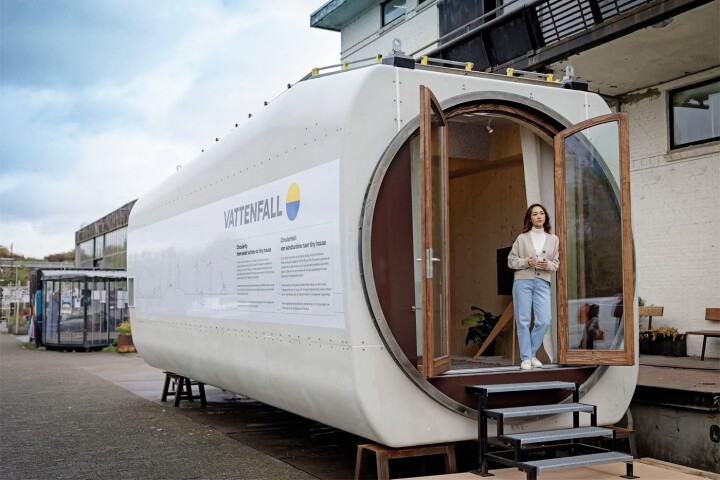Humans have a symbiotic relationship with the trillions of microbes living in our gut – and now researchers have found that this relationship spans hundreds of thousands of years. Scientists studied 50,000-year-old Neanderthal poop, and found traces of gut microbes still present in modern humans, suggesting the symbiosis dates back to before our last common ancestor.
Inside all of us is a complex community of bacteria, viruses, archaea and fungi, and as scientists continue to unravel the web we’re finding that their reach extends much further than we realized. Our gut microbiomes may affect our blood sugar levels, metabolism, ability to lose weight or sleep well, and influence our chances of developing diseases like diabetes, cancer, multiple sclerosis, heart disease, schizophrenia, Alzheimer’s, Parkinson’s, and even depression.
With our overall health tied so inextricably to these microorganisms, we should be concerned about their health too. Worryingly, the diversity is dropping thanks to our modern lifestyles full of processed foods and overuse of antibiotics.
So for the new study, researchers at the University of Bologna set out to identify our “old friends” – the species that have been with us the longest and as such, are most likely tied to evolutionary benefits. That can help us prioritize which ones to protect, and develop new treatments to target them.
To do so, the researchers collected samples of ancient feces, compacted in the soil of a cave in Spain known to have been inhabited by Neanderthals for thousands of years. They were then able to analyze the DNA of the microbes contained within, getting a glimpse into the gut microbiomes of these extinct human relatives.
Intriguingly, the team found traces of many bacteria known to inhabit human intestines, including Blautia, Dorea, Roseburia, Ruminococcus, Faecalibacterium and Bifidobacterium. These “old friends” must be exceptionally old, it turns out, having been with our ancestors long before Homo sapiens arose as a species.
"Through the analysis of ancient DNA, we were able to isolate a core of microorganisms shared with modern Homo sapiens," says Silvia Turroni, first author of the study. "This finding allows us to state that these ancient micro-organisms populated the intestine of our species before the separation between Sapiens and Neanderthals, which occurred about 700,000 years ago.”
With these oldest friends identified, the researchers say that we can begin to protect them and, by extension, ourselves.
"These results allow us to understand which components of the human gut microbiota are essential for our health, as they are integral elements of our biology also from an evolutionary point of view,” says Marco Candela, corresponding author of the study. "Nowadays there is a progressive reduction of our microbiota diversity due to the context of our modern life: this research group's findings could guide us in devising diet- and lifestyle-tailored solutions to counteract this phenomenon.”
The research was published in the journal Communications Biology.
Source: University of Bologna via Eurekalert




